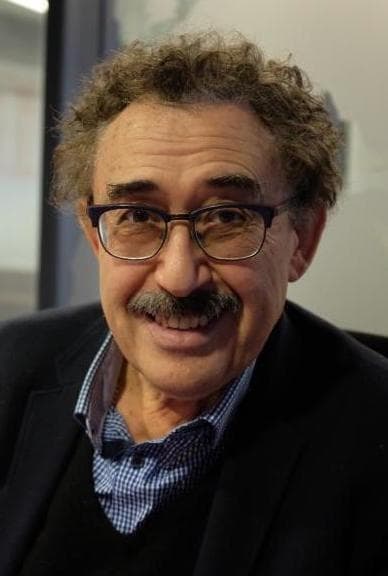
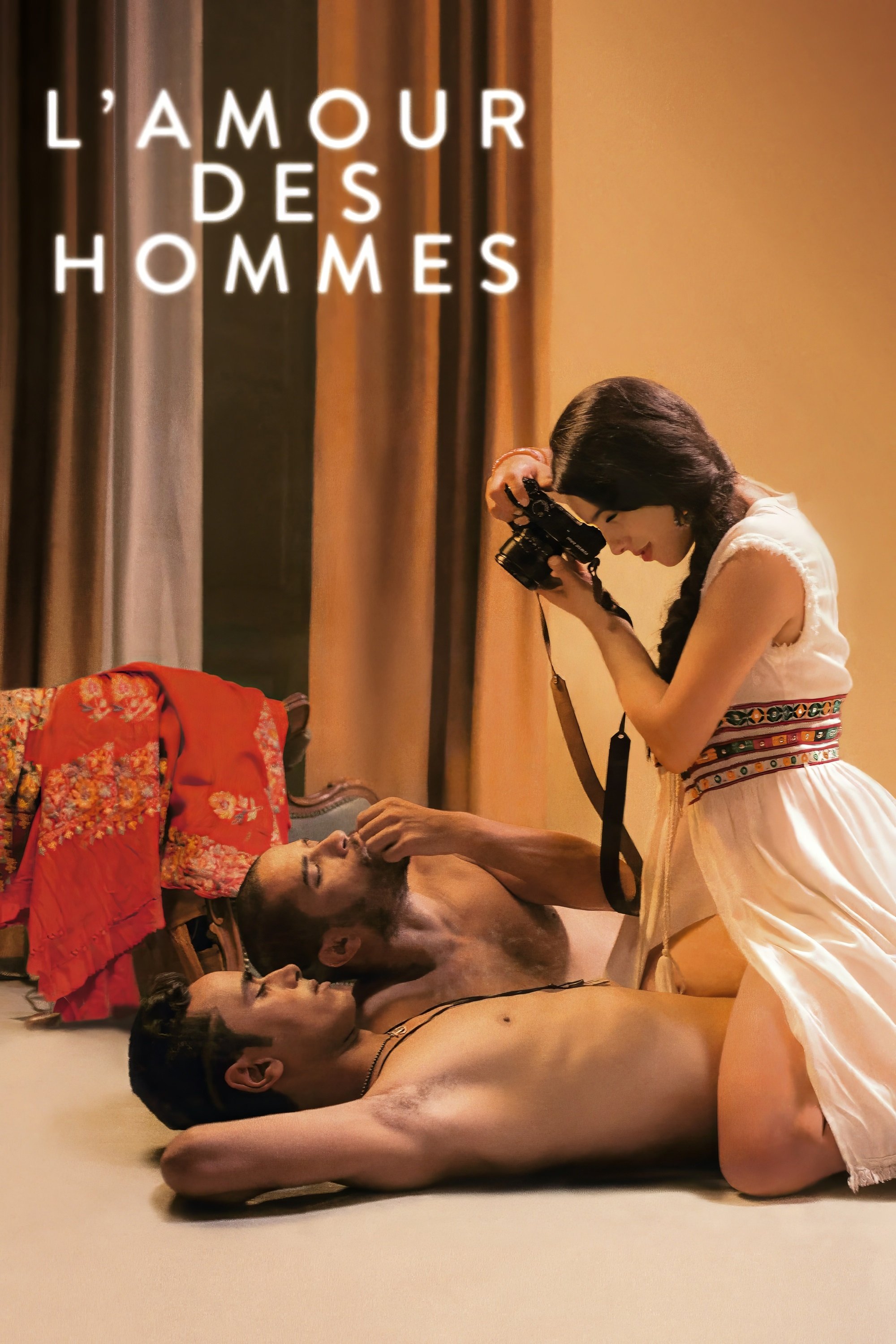
Amel is a young photographer. When she loses her husband, her life changes. Encouraged by her father-in-law, she takes a taste of life by photographing street boys. Without fear of being scandalous, she makes the choice to look at men as men look at women.
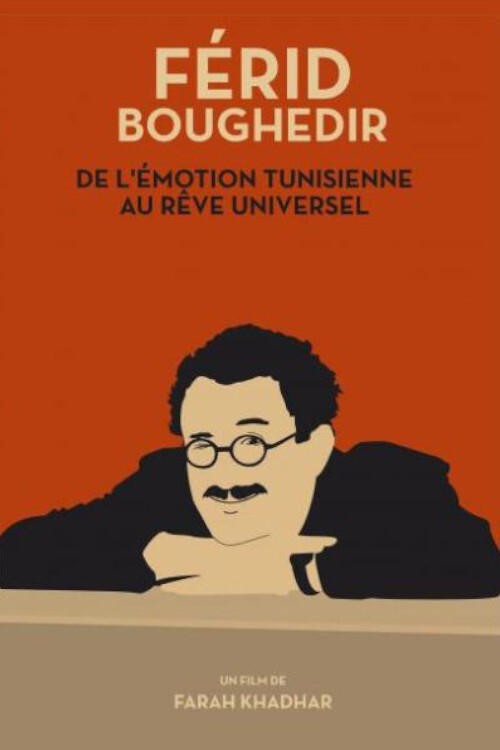
Férid Boughedir, the Tunisian film-maker and the journalist, historian and defender of the African and Arabic cinema, is filmed, through various situations and places between Tunisia and France, and more particularly around the preparation and during the realization of his movie Spring flavor, a comedy on the Tunisian revolution.
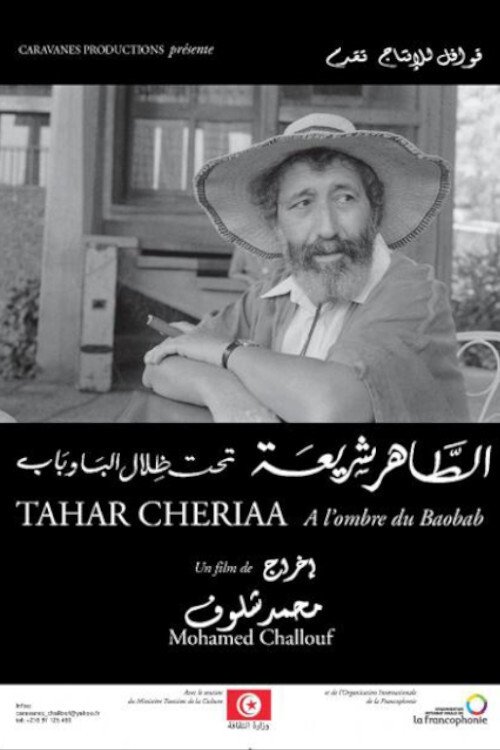
Tahar Cheriaa: Under the Shadow of the Baobab documents the career of one of the core fathers of Pan-Africanism and founder of Africa’s first film festival, the Carthage Film Festival. After Tunisian independence, Cheriaa used all his energy to bring the first authentic images of postcolonial Africa to broader audiences. The film depicts Cheriaa’s ideas and projects, with interviews and archival material creating a complete portrait of the man and his fight for both Sub-Saharan African cinema and African cinema as a whole.
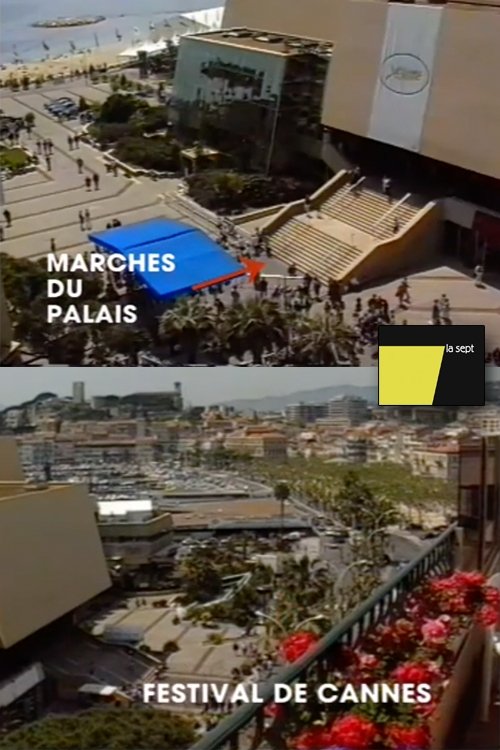
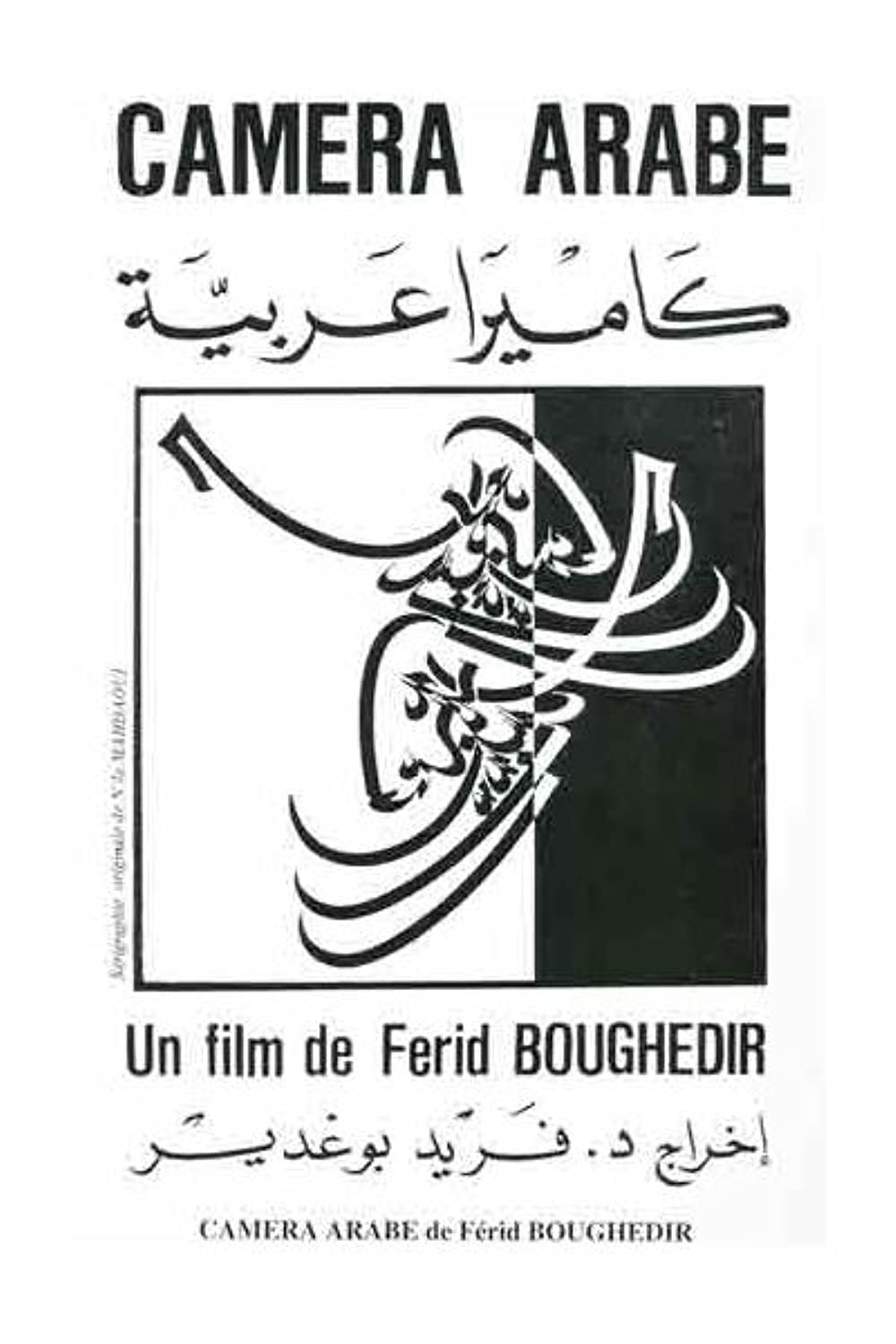
Focusing on key Arab films produced in the last 20 years. Férid Boughedir traces the development of the film-makers' concern to produce more socially aware cinema. Themes include the issue of Palestinian homeland rights and the nature of Arab identity. The film-makers also share a desire to develop a strong poetic tradition.
A Tunisian film director, writer, critic and historian born in 1944 in Hammam-Lif, Tunisia. His film, Halfaouine: Boy of the Terraces, is considered his most famous film and it won him the Golden Tanit Award at the 1990 Carthage Film Festival. He worked as a journalist in the magazine Jeune Afrique, in addition to his work as a professor at the University of Tunis. He has published several books on the history of African and Arab cinema. Many of his documentaries were shown at international festivals, the most important of which is the Cannes Film Festival, where the film Caméra d'Afrique was shown in 1983, as well as Caméra Arabe in 1987.
By browsing this website, you accept our cookies policy.